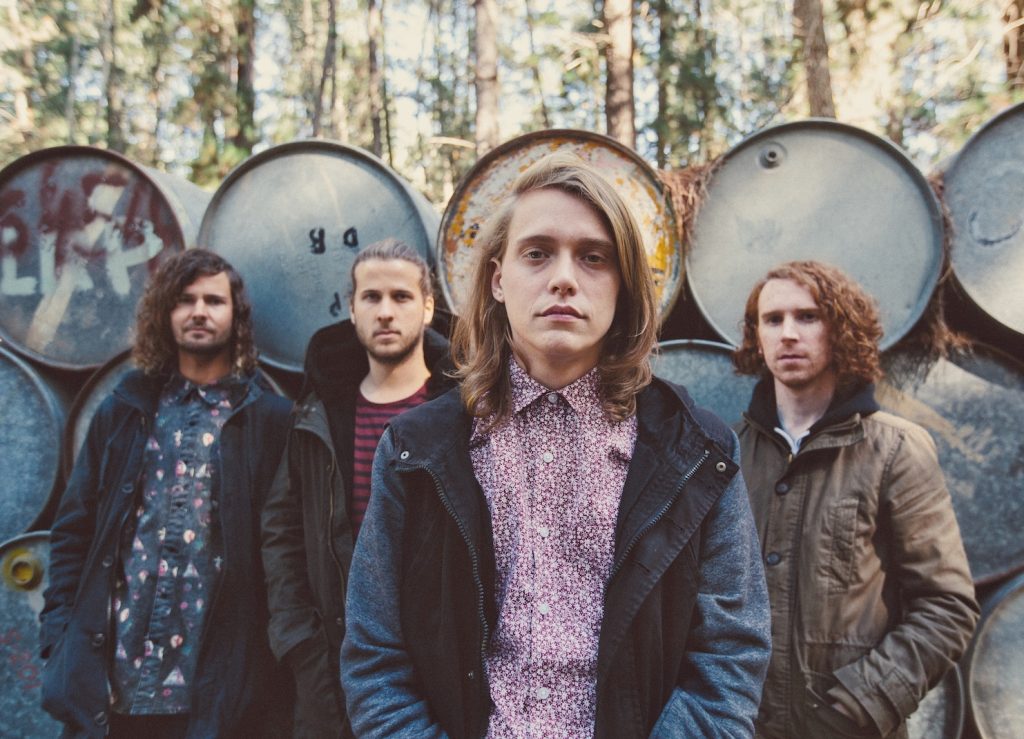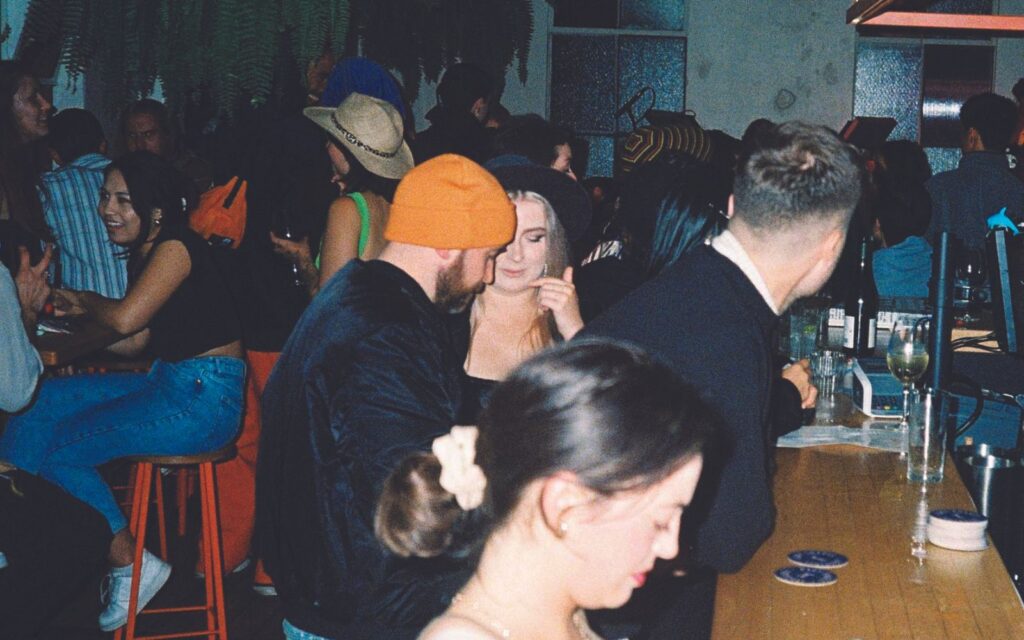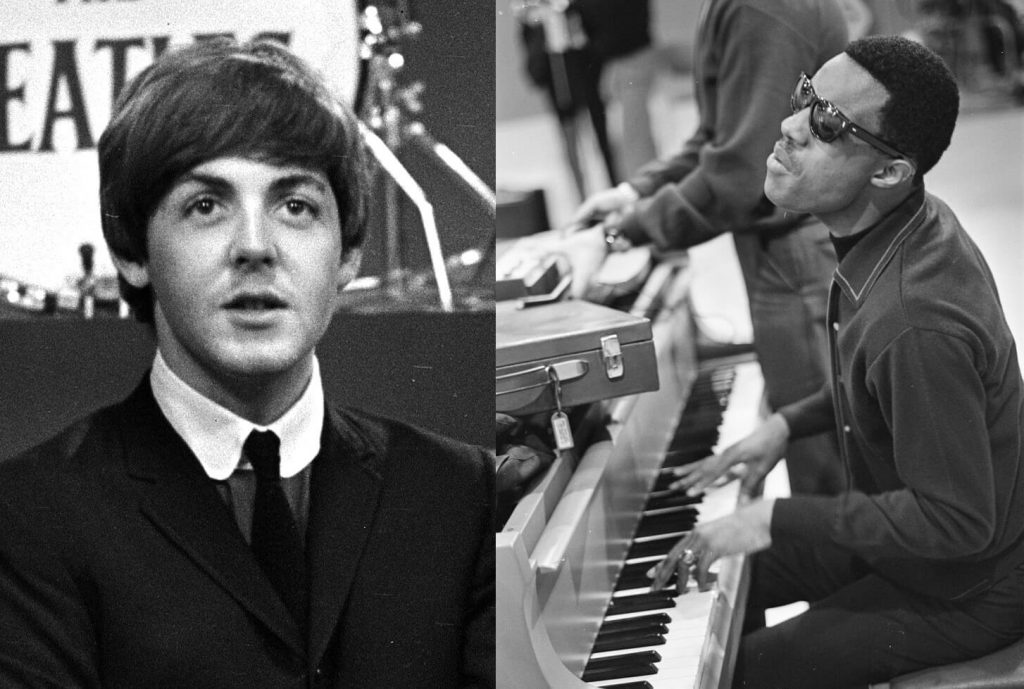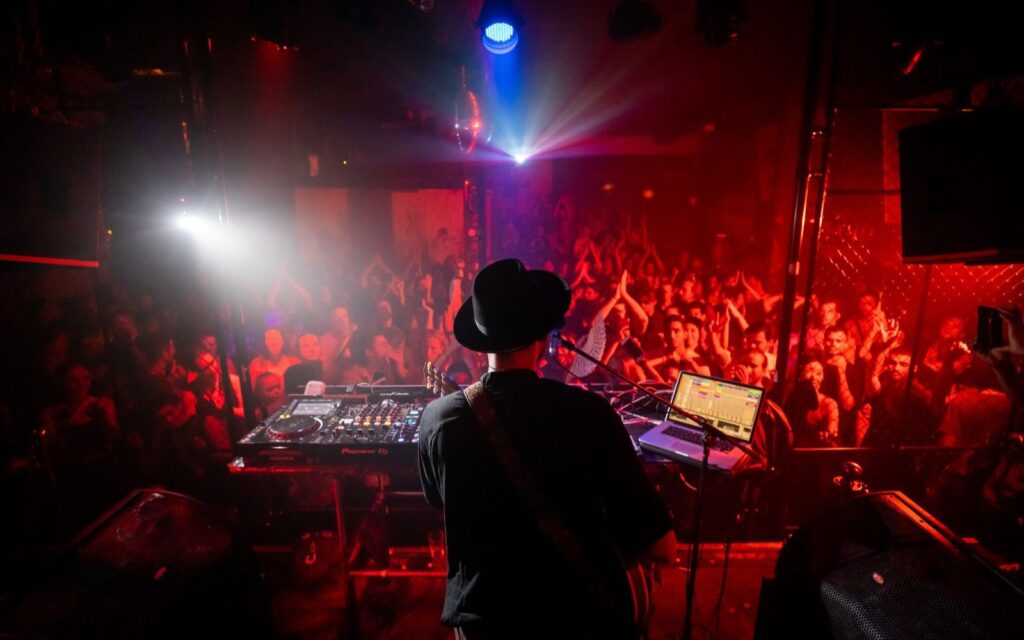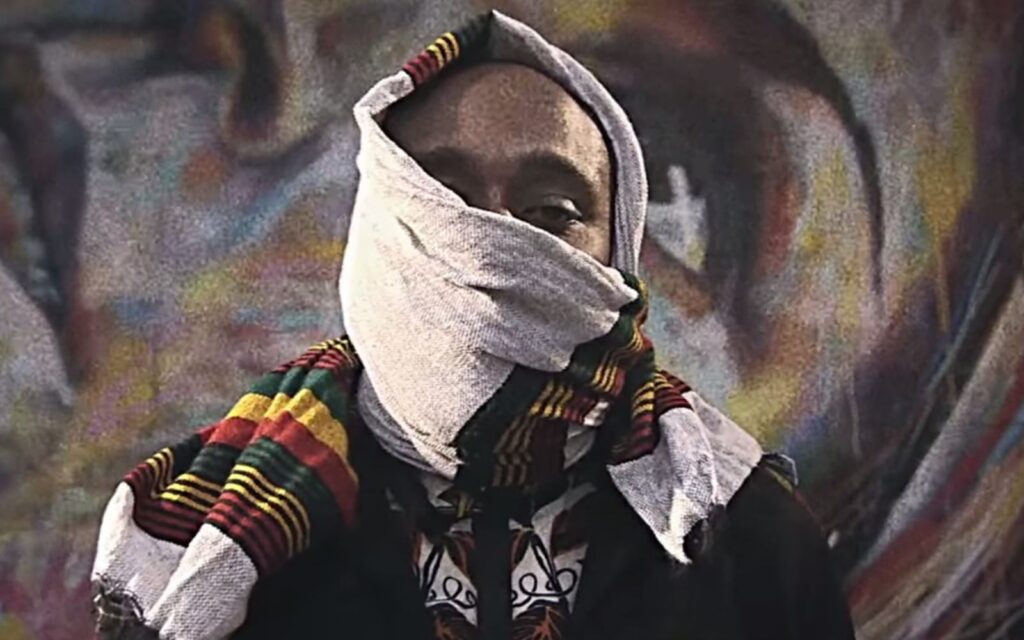The triad of New York trendsetters retains festival headliner status today, but the excitement generated by that initial breakthrough hasn’t been repeated. Perhaps our perspectives are skewed by nostalgia, or we’re simply asking for too much. Regardless, when Beat catches up with Interpol guitarist Daniel Kessler ahead of the band’s fifth LP El Pintor, he says that meeting outside expectations isn’t a practical concern.
“After we put out Turn on the Bright Lights I realised the best thing you can do is write the things that make you feel like this is what you want to say, that this is a step forward. If you’re trying to please other people in general, you’re not really comfortable in your own shoes. If you’re happy with what you create then you just have to have faith that people who like what you’ve done previously will give this a chance and will feel the same way.”
Interpol hasn’t struggled to release a stack of quality music in the years since 2002’s iconic debut, Turn on the Bright Lights. Taking cues from post-punk and indie rock greats such as Joy Division and The Smiths, the band’s first three records explored fairly distinct stylistic territory with consistent success. However, on album number four – a rather lacklustre self-titled LP – it appeared they’d at last succumbed to creative inertia.
In the four years since Interpol was recorded, original bass player Carlos Dengler announced his exit from the band and vocalist Paul Banks and drummer Sam Fogarino both got involved with other musical ventures. Kessler says the prospect of doing another Interpol album wasn’t always certain.
“I don’t think I’d take the band for granted enough to say that ‘I have to make another one’. You make a record because you want to make a record and because you feel like you have something better to say. There’s no set knowledge that this is going to happen.”
During the down-time Kessler also remained creatively active. At first, he wasn’t writing with Interpol in mind, but inevitably he began framing his new compositions in the context of the band.
“I was just trying to play music every day,” he says, “but then songs do come about on their own and I get excited about the prospect of working with my band mates on it. Usually the songs begin with me. If I get really excited about something and really into it, I arrange it in a certain way. If I see the potential for how it could become a piece of Interpol music then I start looking forward to that process where we get to all dip our fingers in it and transform it into an Interpol song.”
Eventually, Kessler’s enthusiasm encouraged him to reconnect with frontman Paul Banks and start working together on what would become El Pintor. However, the fact that they were down a bass player still hadn’t been addressed.
“Paul and I got together for like five days in August 2012 with no agenda,” Kessler recalls. “He brought with him his guitar and bass and he was like, ‘Hey maybe I should start with the bass because I tend to sing to bass lines’. I didn’t know how excellent of a bassist he really is. In the first few days we made pretty great headway with a couple of the songs that are on the record, My Desire and Anywhere. There were enough good things happening in the room that we weren’t sitting thinking about ‘OK, what’s missing?’ Because there was so much energy and so many ideas we never really thought about it that much.”
While Banks’ bass playing proved an asset in the songwriting process, a decision about who would perform bass duties on the album wasn’t made until just prior to entering the studio. “We kept everything very open as far as whether Paul would play bass or whether we’d get someone to help us out,” Kessler says. “Then it was like, ‘We should just let Paul do it. He’s great, he wrote these parts’.
“We just crossed each chapter as we came to it,” he adds. “We were in the moment and nothing really required us to be out of that moment whenever we were together.”
Indeed, this points back to Interpol’s primary commitment to artistic expansion, unfettered by any extraneous details. El Pintor is out this weekend and Kessler doesn’t hesitate to describe it as a step forward. “I’ve never been someone who cares about chops or how good you can do this. It’s really about what you say when you’re saying it. That’s about it really.
“It’s never showing how good you are, just to show how good you are. You see it by virtue of the ability to enhance the piece of music you’re working on. I see the progression there. I see us becoming a better band, truthfully.”
BY AUGUSTUS WELBY


